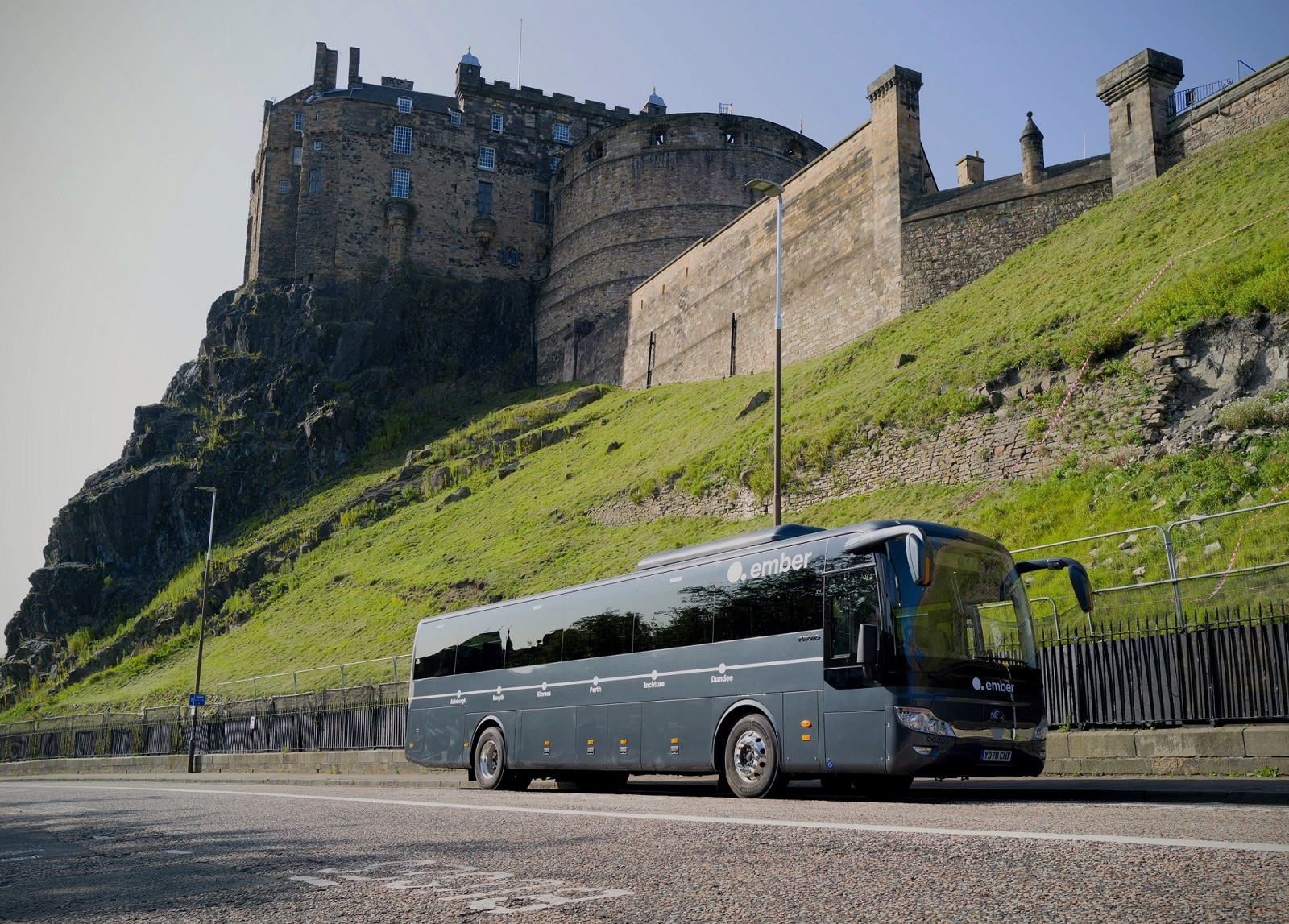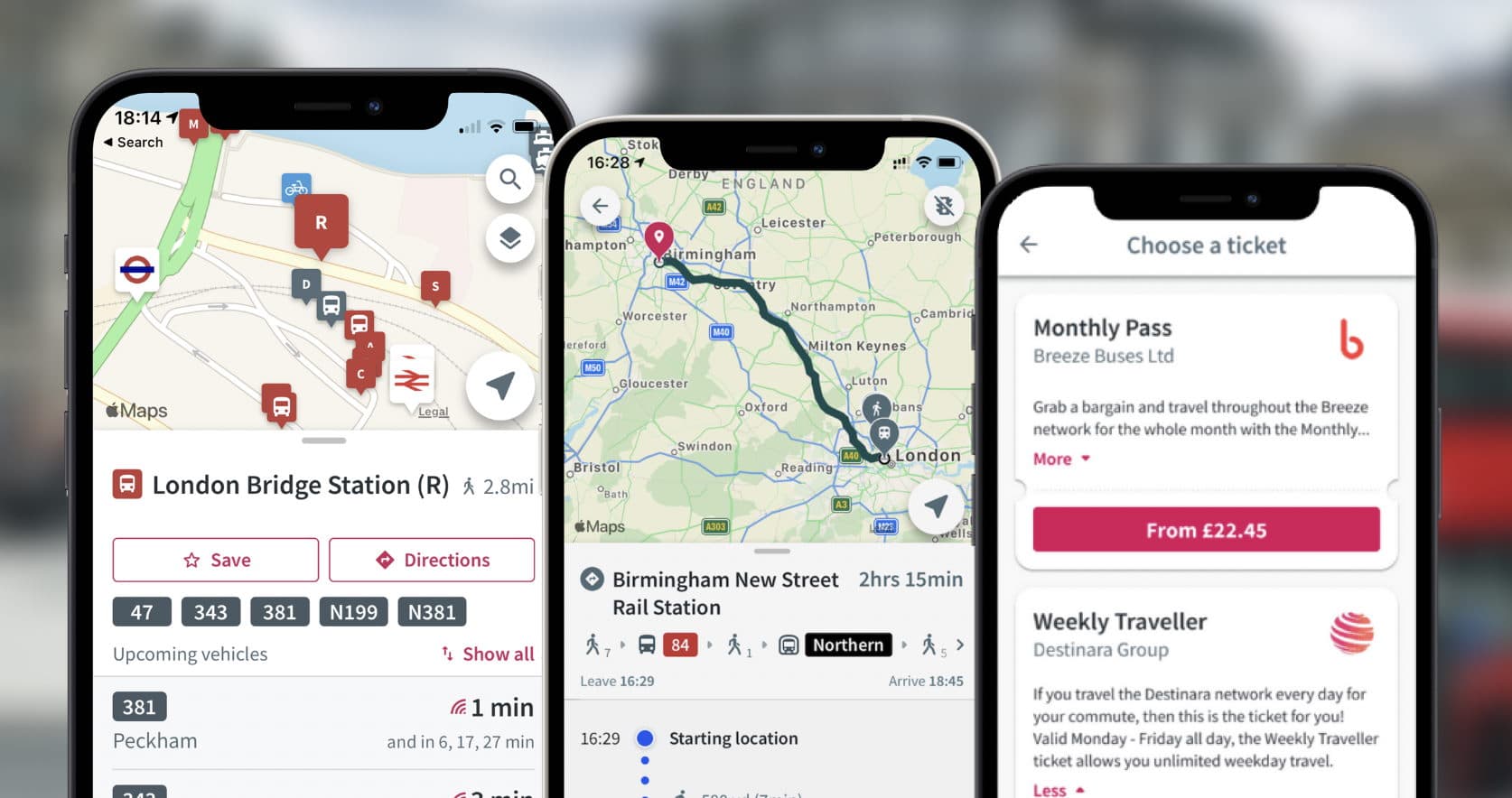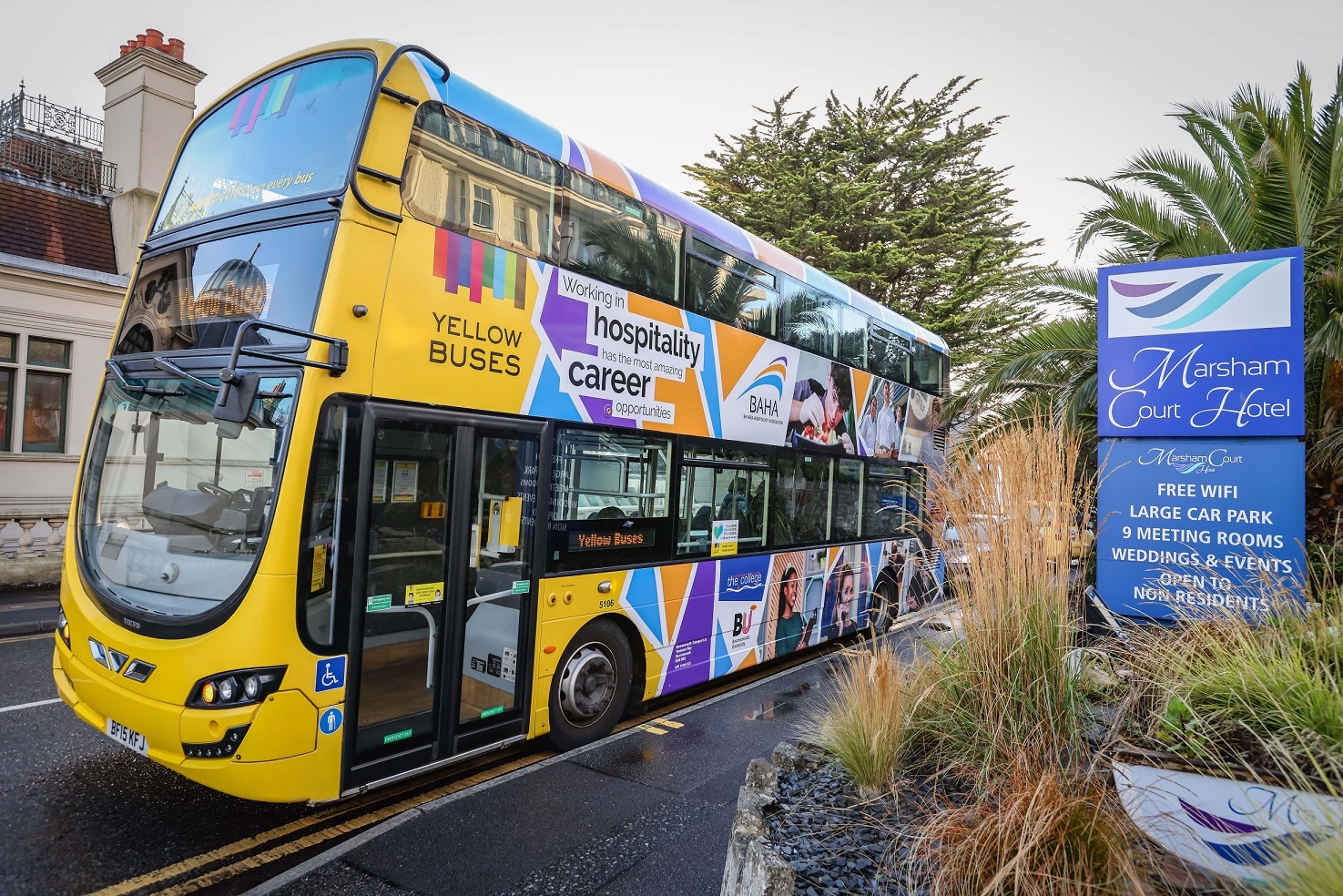Zero-emission coaches have covered over one million kilometres on UK roads, importer of the only such model yet available here Pelican Bus and Coach has revealed.
Nine battery-electric Yutong TCe12s supplied by Pelican are currently in service. Those coaches each have 281kW/h of energy storage and they are operated by Ember Core (four), Wattsway Travel (one) and Westway Coaches (four). Four more destined for Ember have arrived in the UK.
Those already in service with Ember are used exclusively on high intensity scheduled work between Dundee and Edinburgh. They have collectively covered 700,000km and that is increasing quickly, says Co-Founder Keith Bradbury.
When questioned on energy consumption of the coaches, Mr Bradbury says that Ember has seen “quite a wide band” of variation. It has a predictive software model that accounts for the impact of loading, ambient temperature and wind, but the operator has also found that driving style, including the use of the coaches’ regenerative capability, shows “a consistent difference.”
Ember has collected energy usage data from each trip the TCe12s have operated. The range of consumption is between 0.75-1.1kW/h per km. That captures a full year of weather conditions and different drivers, Mr Bradbury adds.
Charging network expansion important for zero-emission coaches
In an indication of where further work to facilitate widespread adoption of battery-electric in the coach sector will be needed, Ember’s strategy for route expansion depends on where it can add charging locations.
“At the moment it is likely that we will increase frequency on the Dundee to Edinburgh route, before then launching a service between Dundee and Glasgow. Exactly how this happens will depend on which chargers come online first,” he continues.
A lack of charging infrastructure “is still the number one thing holding back more battery-electric coaches from being on the road,” Mr Bradbury says. He notes that it is imperative that compatibility between vehicles, chargers and the software contained upon the latter is as straightforward as possible from an operator’s point of view.
News of the landmark distance covered by zero-emission coaches in the UK came shortly after the announcement that a coach decarbonisation taskforce has been established by the Confederation of Passenger Transport (CPT), something that Pelican has welcomed.
Head of Yutong Bus UK Ian Downie sits on the taskforce and adds that he looks forward to “engaging with operators, funders, manufacturers and other stakeholders in this vital work ahead.” Mr Downie notes that Yutong vehicles globally have completed 27 billion km of zero-emission passenger transport.
“This is a crucial first step in helping us to develop sustainable and deliverable solutions that will help the [coach] industry on its journey to net zero. CPT should be applauded for launching this initiative,” he adds.
‘Formative’ further interest in the market
Pelican Managing Director Richard Crump says that some other operators are at a “formative stage” of considering battery-electric coaches. He adds that the TCe12 is seen by many of those businesses as an “added-value product” and that a lot of the interest is related to private home-to-school contracts and corporate work.
To broaden the appeal of the TCe12, in 2022 Pelican will add the option of 350kW/h of onboard energy storage. It will be available alongside a maximum of 46 seats against the 281kW/h model’s maximum of 50. Mr Crump expects that the latter will be the most popular of the two battery capacities, but he adds that an operator considering such a coach must carefully consider charging needs.
To that end, Pelican will also offer two lower-rated DC chargers to go with the TCe12. They will bring a price benefit and reduce the requirement for power availability within an operator’s premises. One of them, rated at 20kW, will work with a standard three-phase workshop supply and is around the size of a small suitcase. Another is rated at 42kW. Already available are chargers at 60, 90 and 120kW.



























